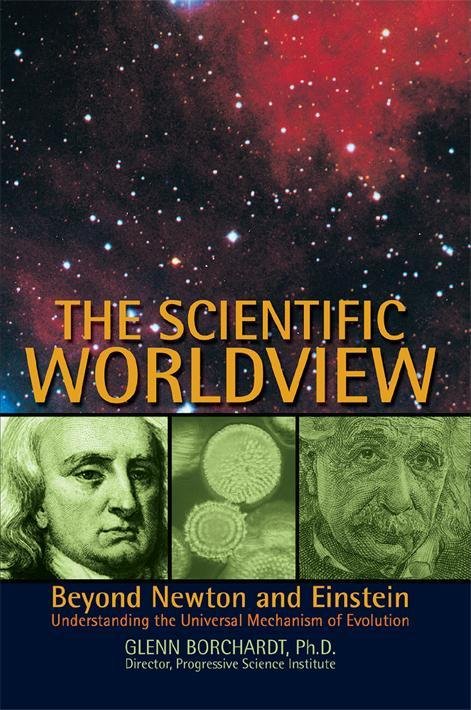Blog 20160622 Boolean
Universe
From henk again:
“So, why should I believe
in the existence of a photon if I don't understand all kind of ideas and justifications
based on experiments and so on? Hence, forward, I leave the question
'does a photon exist' as an open question. That position is for many people not understandable
as one either believes something or not. Life is not Boolean, to use modern
words.”
[GB: Another batch of henk’s
philosophical food for thought… First this from dictionary.com, which says
that the word “Boolean” is an adjective
1. pertaining to or being a
deductive logical system, as Boolean algebra,
used to represent symbolically the relationships between sets, classes, and
other entities.
2. Computers. of or
relating to a data type having two possible values representing “true” or
“false.”
Henk defends his agnostic
position with regard to the photon by rejecting Booleanism, which, in essence,
proclaims the unity of opposites. This we do whenever we reduce any aspect of
the universe to fundamentals despite its infinite character. We do this all the
time, with computers being entirely Boolean, operating as they do, only on “1s”
and “0s.” Things either diverge or converge; one thing is either smaller or
larger than another. Either water runs downhill, or it does not. And, as you
have learned by reading "The Ten Assumptions of Science,"[1]
one is either a determinist or an indeterminist. Either one believes in
freewill, or one does not. One is either progressive or regressive. A statement
is either true or false. And on and on…
What we see at first as gray
areas in our black/white world invariably reveals still more Booleanism, ad infinitum. Remember that the Tenth Assumption of Science, interconnection (All things are
interconnected, that is, between any two objects exist other objects that
transmit matter and motion) implies that what we think of as “empty space” or of
“solid matter” always contains both space and matter, ad infinitum. The point
is that the universe really is not agnostic. Things in nature either move
forward or backward, they cannot do both at the same time. Nature may have
opposites, but it does not have contradictions, only people do. Now here are
some more musings from henk:]
“As
far as I read and understand it, next happens: existence of an electron was
introduced and experiments had to give evidence for it. So now, everyone
is talking about an electron as one can see it day in day out by turning on/off
a button. An electron exists although no one has ever seen it but it is
matter, and one can see that it must be moving by turning on/off the button.
With the idea of a photon, they are also trying to give evidence for it and up
to now, it is widely accepted that a massless 'object' has motion. So 'motion,
without matter' is not rejected. I myself find that rather strange.”
[GB:
Strange indeed, but not too strange for most folks as I mentioned in my Blog
20150408 on “The
Soul of Regressive Physics.” Henk has come face-to-face with the collision
between religion, which requires matterless motion for its theories of living
after dying, and science, which does not. The strangeness he feels is none
other than what happens when one becomes educated and begins to slip from
indeterminism into determinism. Regressive physics maintained its popularity
among indeterminists by inventing wave-particle duality, which by Boolean
logic, is an impossibility.
The
contradiction stems from Einstein’s treatment of light as a particle instead of
a wave in the aether. Waves, of course, are motion, do not have mass, and
commonly travel at relatively constant velocities. Particles, on the other
hand, have xyz dimensions, contain other particles, and seldom travel at
constant velocities. That is because real particles are subject to Newton's
Second Law of Motion, F=ma, in which fast particles collide with slow particles
causing their velocities to increase. The magical, imaginary photon does not do
that. All photons are supposed to travel at the same velocity and are never
involved in collisions despite their supposedly coming from every which
direction in the universe. These are the reasons that photons cannot exist.
Of
course, even the details mentioned in the above paragraph are not necessary to
answer henk’s question. That is because we hold fast to the Fourth Assumption
of Science, inseparability (Just as there is no motion without matter, so
there is no matter without motion). That simple common-sense principle provides the shorthand to dismiss Einstein’s
claims. With it, we can reject the photon and any other claims (e.g., ESP,
etc.) that might hypothesize matterless motion.]
[1] Borchardt, Glenn,
2004, The ten assumptions of science: Toward a new scientific worldview:
Lincoln, NE, iUniverse, 125 p. [http://www.scientificphilosophy.com/].









2 comments:
Ridiculous. Again you are confusing mass and matter. There is matter without mass, unless you disagree with the Standard Model of Particle Physics.
Good job, this type of question keeps us on our toes...
Post a Comment